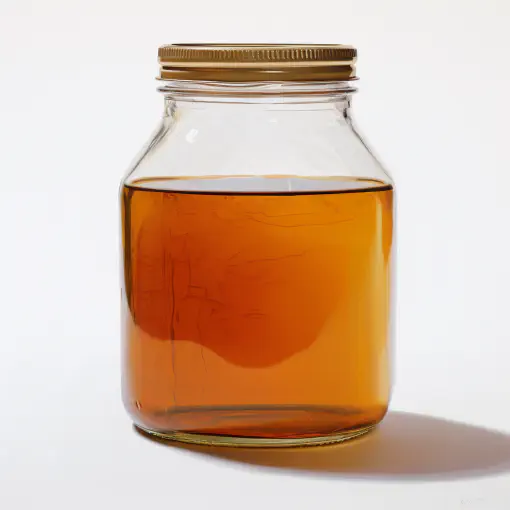
Palm Fatty Acid Distillate (PFAD) is a byproduct of the palm oil refining process. It is obtained through the distillation of crude palm oil to remove impurities and achieve a higher level of purity in the final product. PFAD is composed primarily of free fatty acids and other minor components.
PFAD is a brownish-yellow liquid with a characteristic odor. It contains a mixture of saturated and unsaturated fatty acids, with the predominant fatty acids being lauric acid, myristic acid, and palmitic acid. The exact composition may vary depending on the specific refining process and the quality of the crude palm oil used.
Due to its composition, PFAD has several applications in various industries. In the soap and detergent industry, it is commonly used as a raw material for soap manufacturing. Its high content of fatty acids provides cleansing and moisturizing properties to soap products.
PFAD is also utilized in the production of animal feed. It can be incorporated into animal feed formulations as a source of energy and essential fatty acids for livestock.
Furthermore, PFAD finds application in the oleochemical industry. It can be further processed to produce various derivatives, such as fatty acids, fatty alcohols, or glycerol, which are used in the manufacturing of cosmetics, personal care products, and industrial chemicals.
Palm Fatty Acid Distillate (PFAD) is a by-product of the refining process of palm oil. It contains a mixture of fatty acids derived from processed palm oil. PFAD has various industrial applications, including:
It’s important to note that the specific usage and feasibility of PFAD may vary depending on local regulations, sustainability certifications, and industry requirements.
For a consultation call us today at
+44 20 7101 3847
Bio Greenware Ltd ®